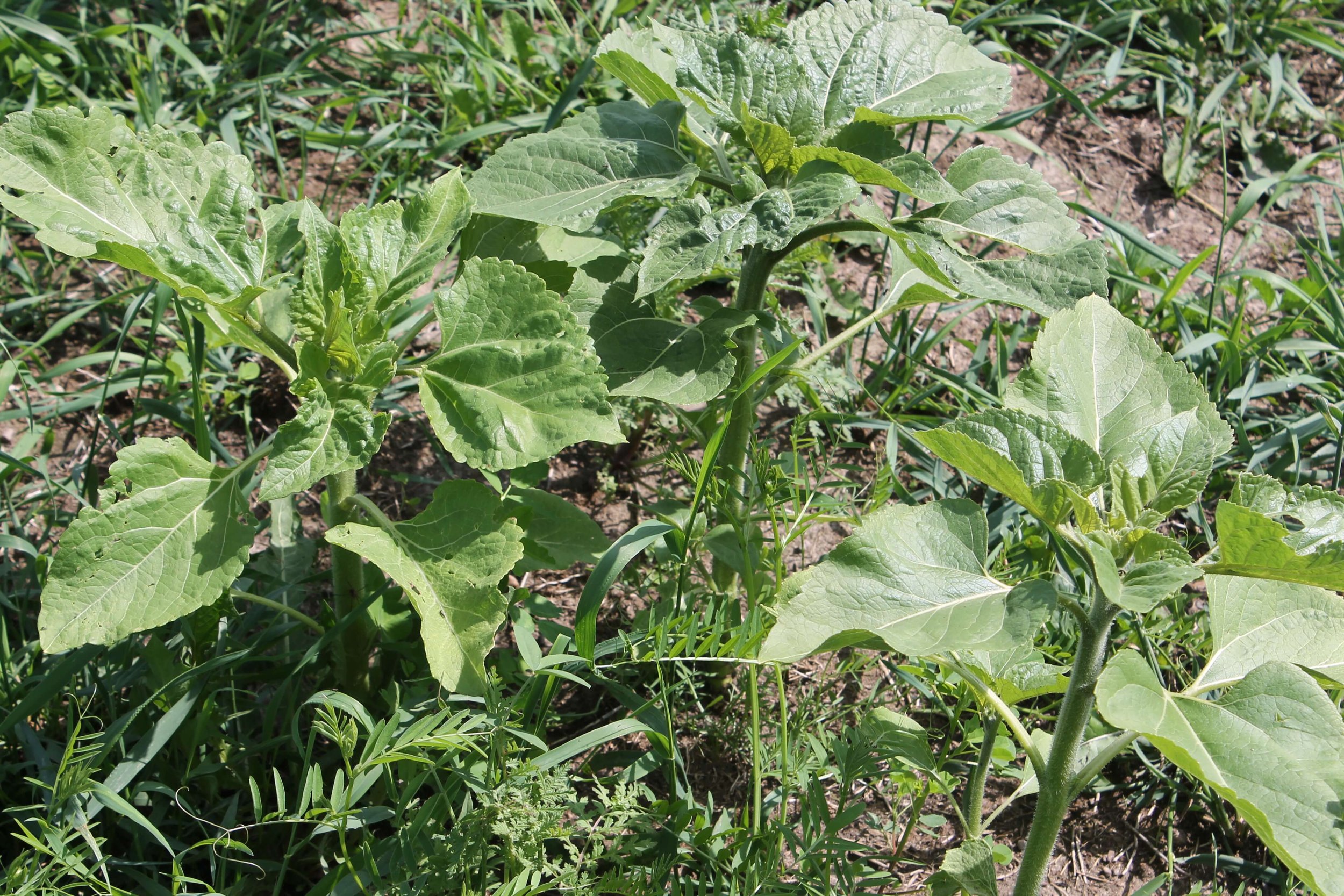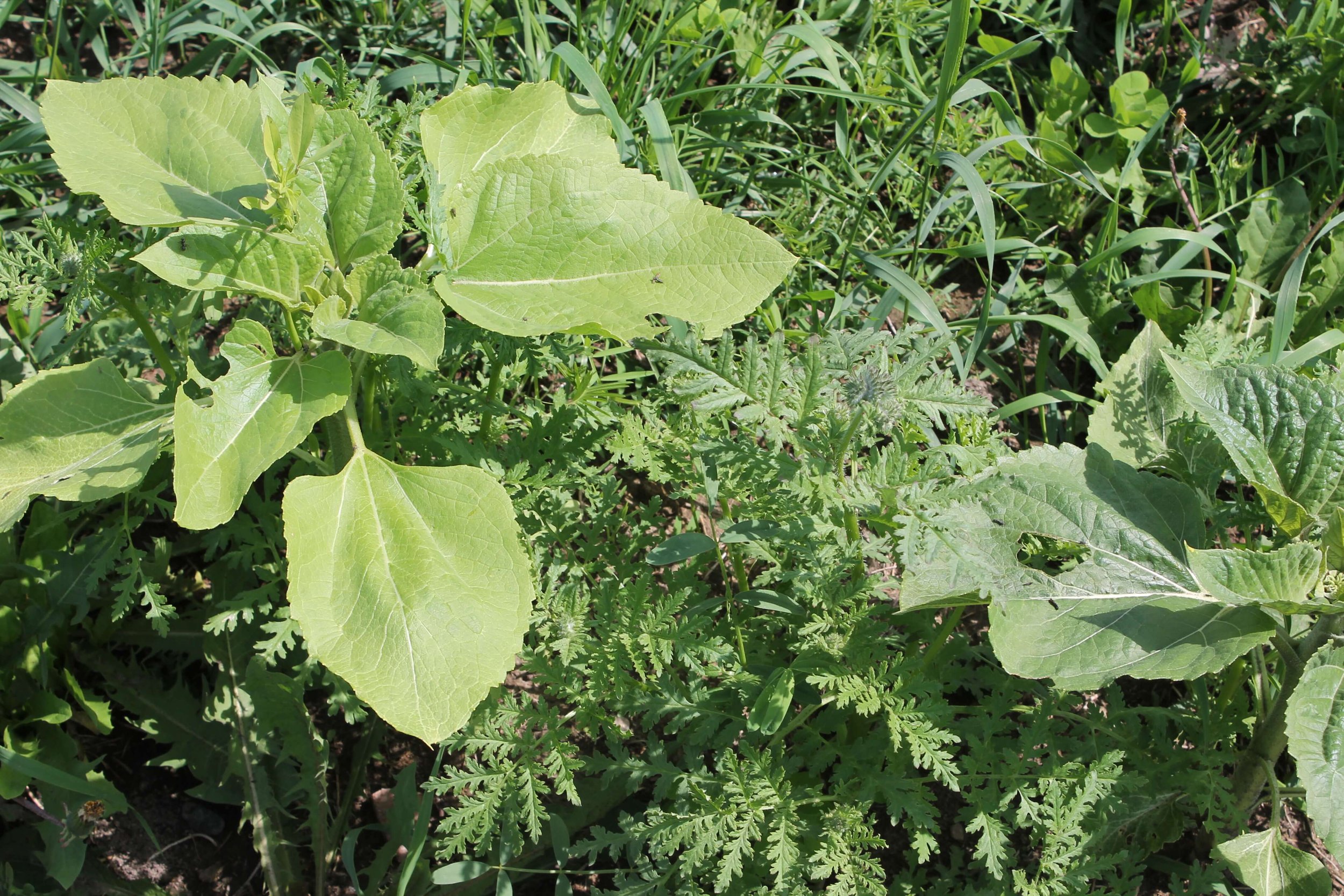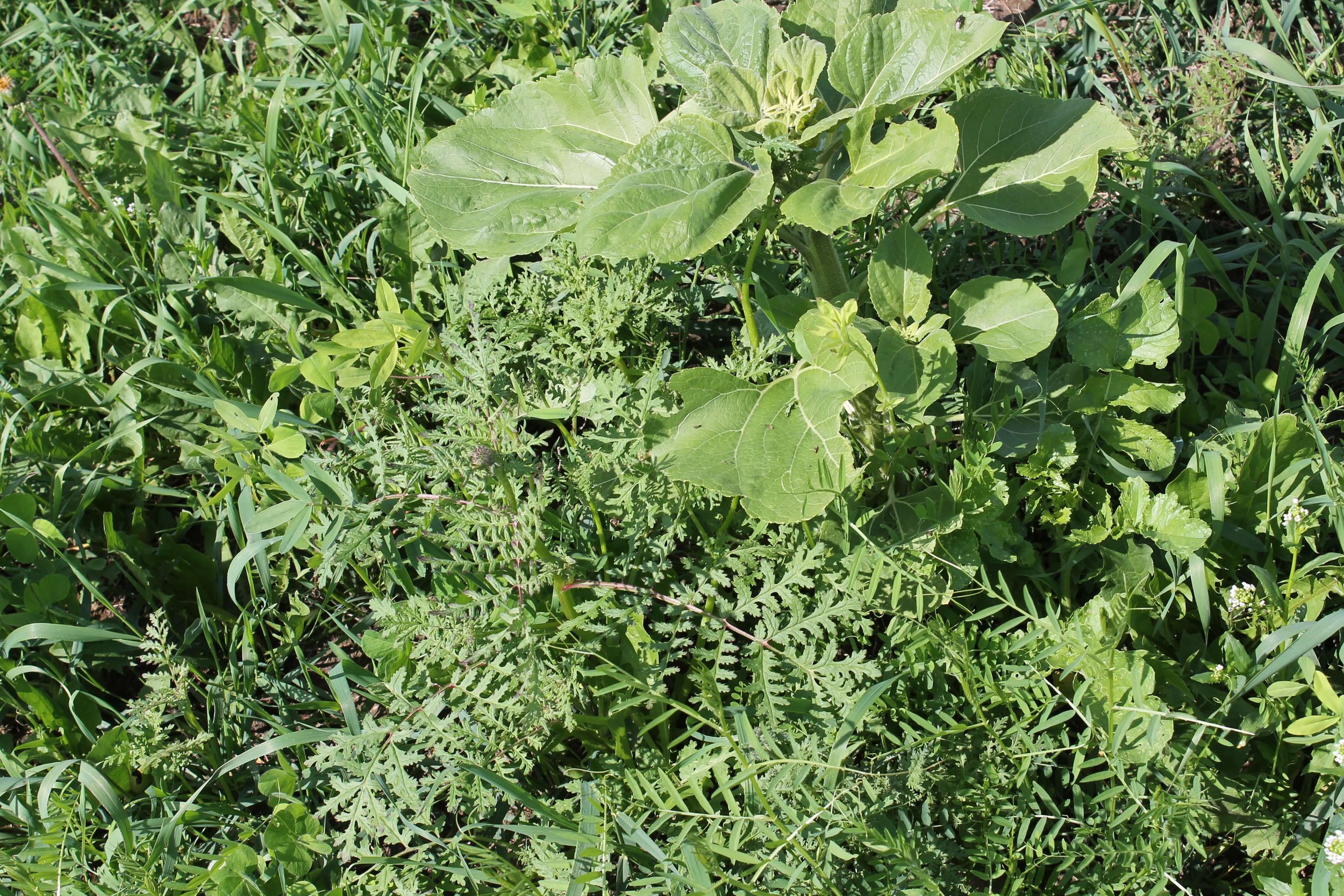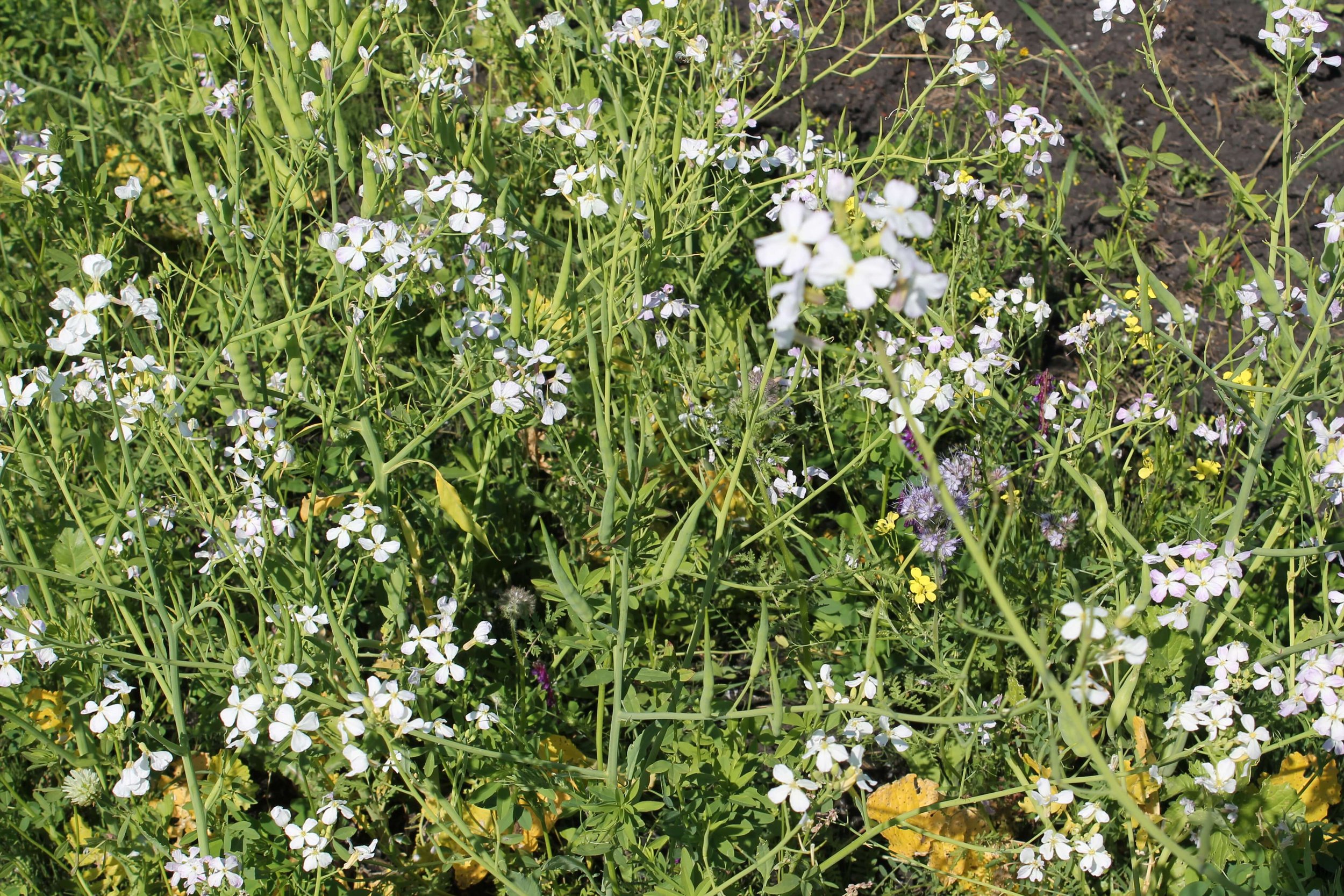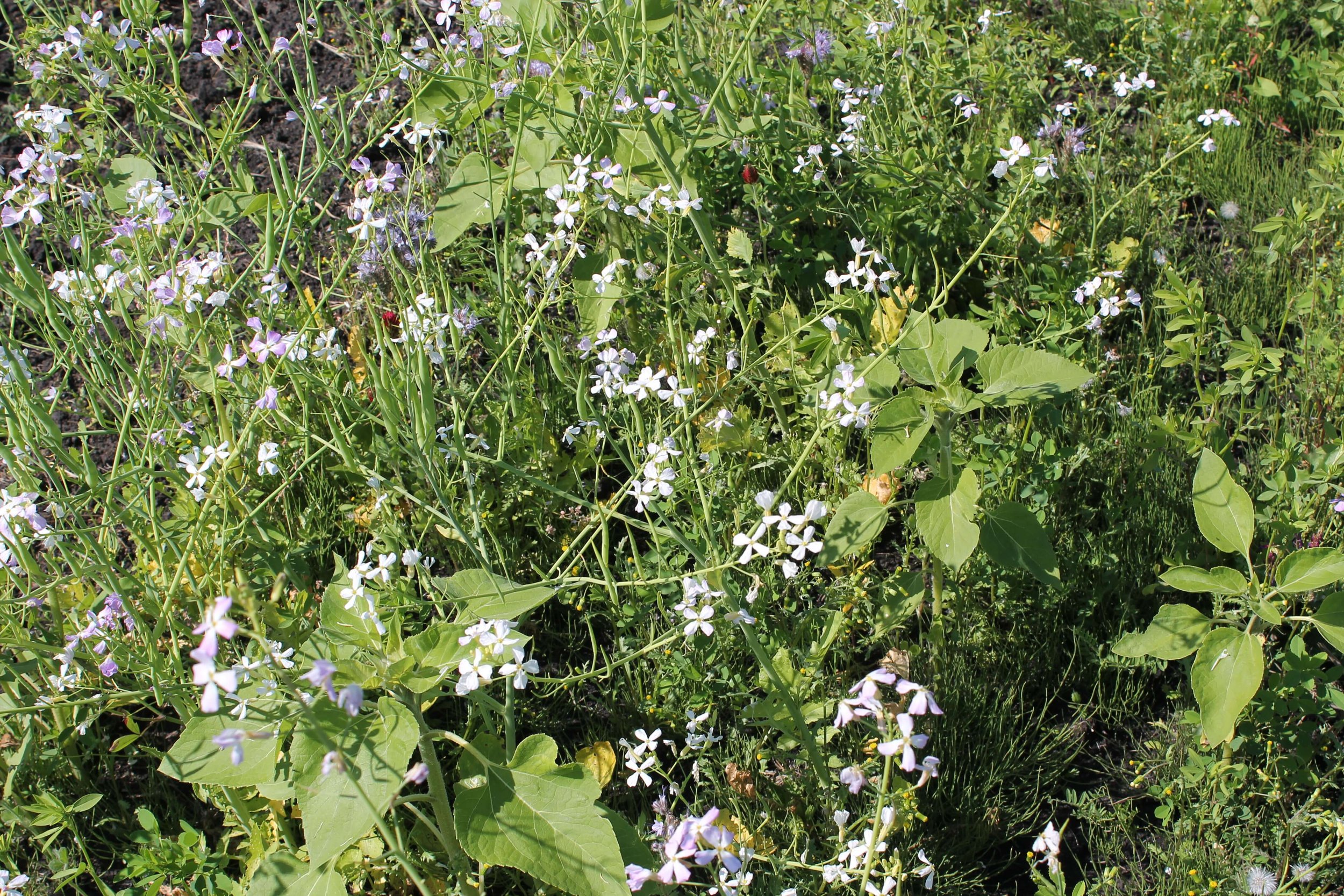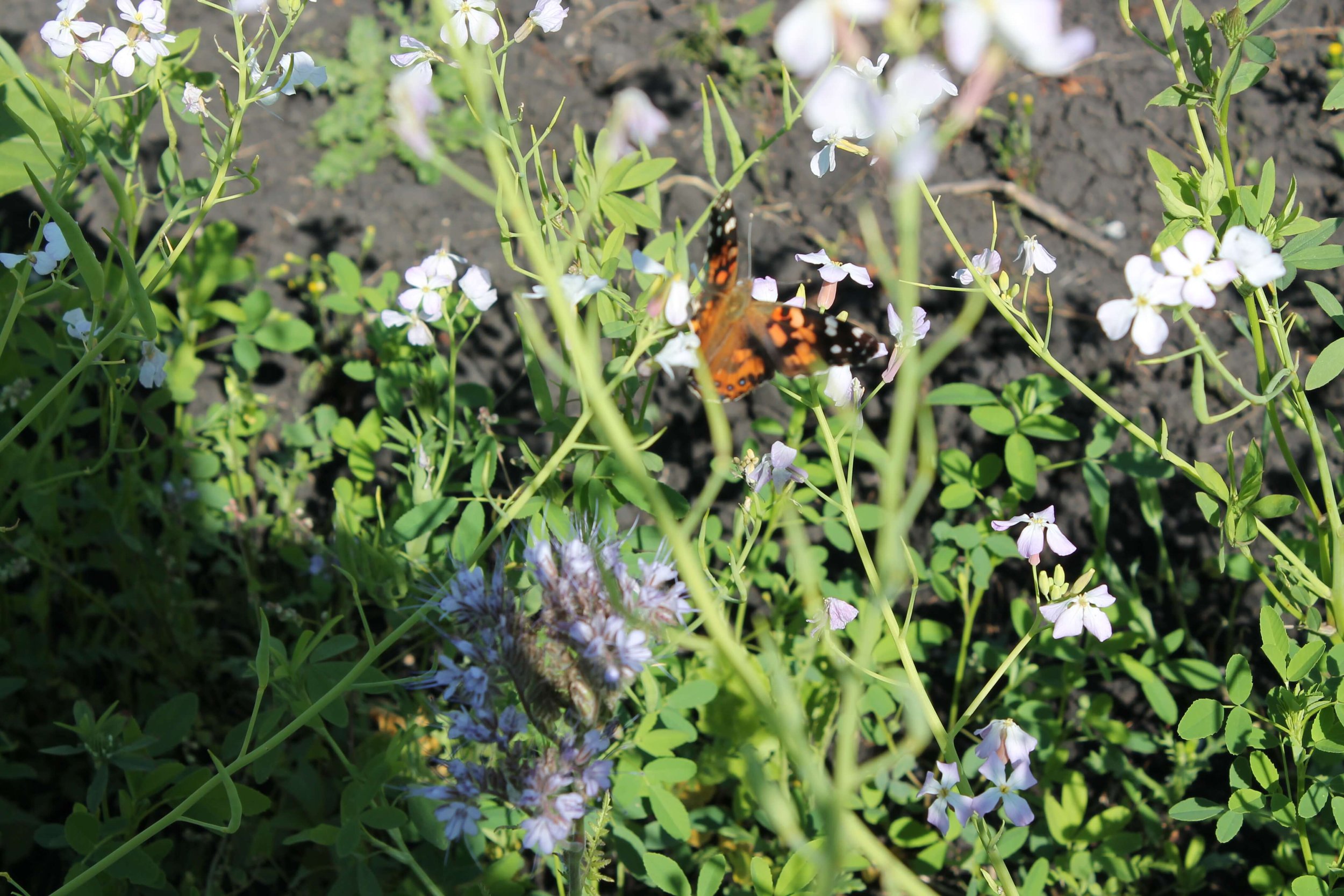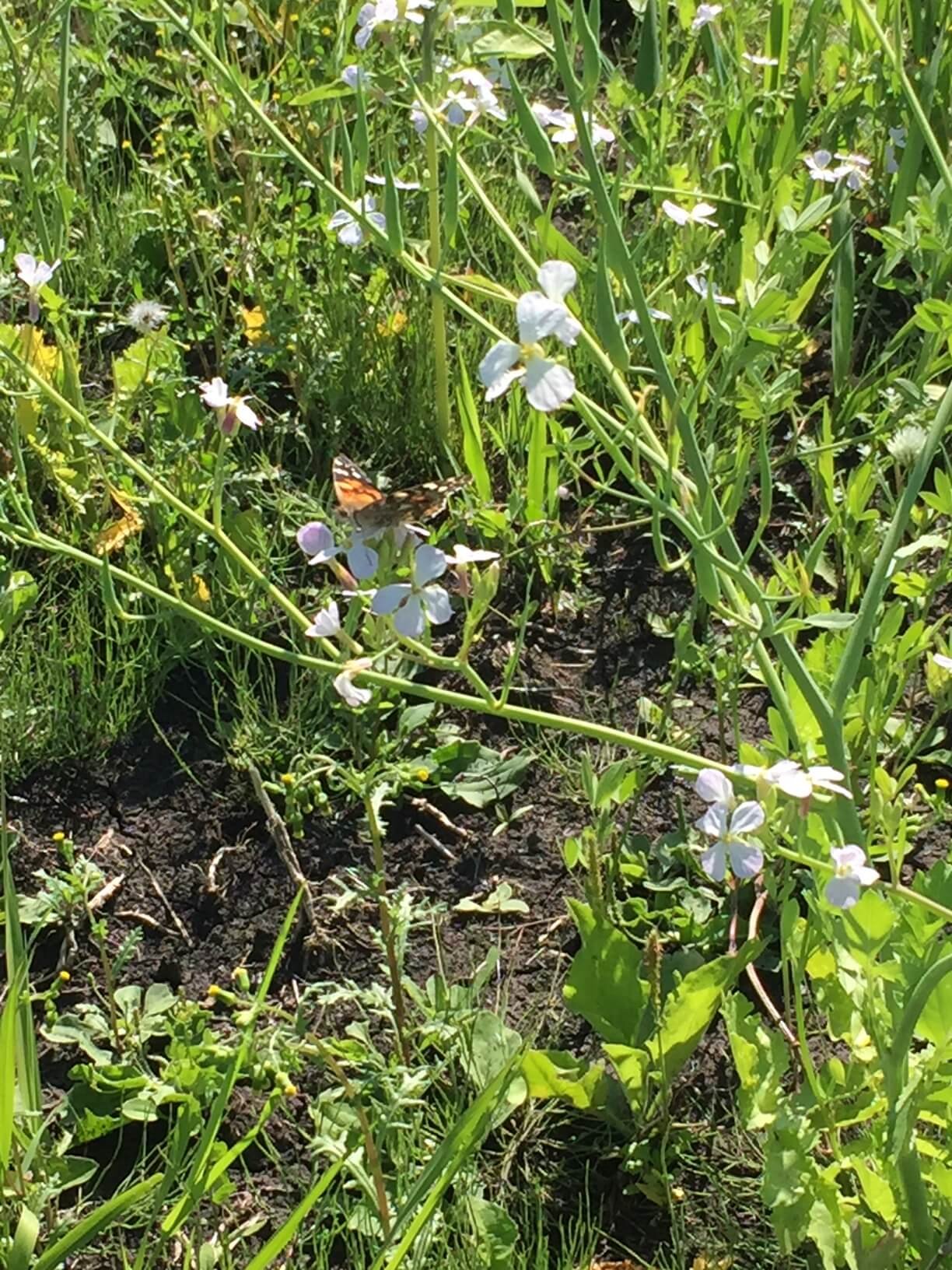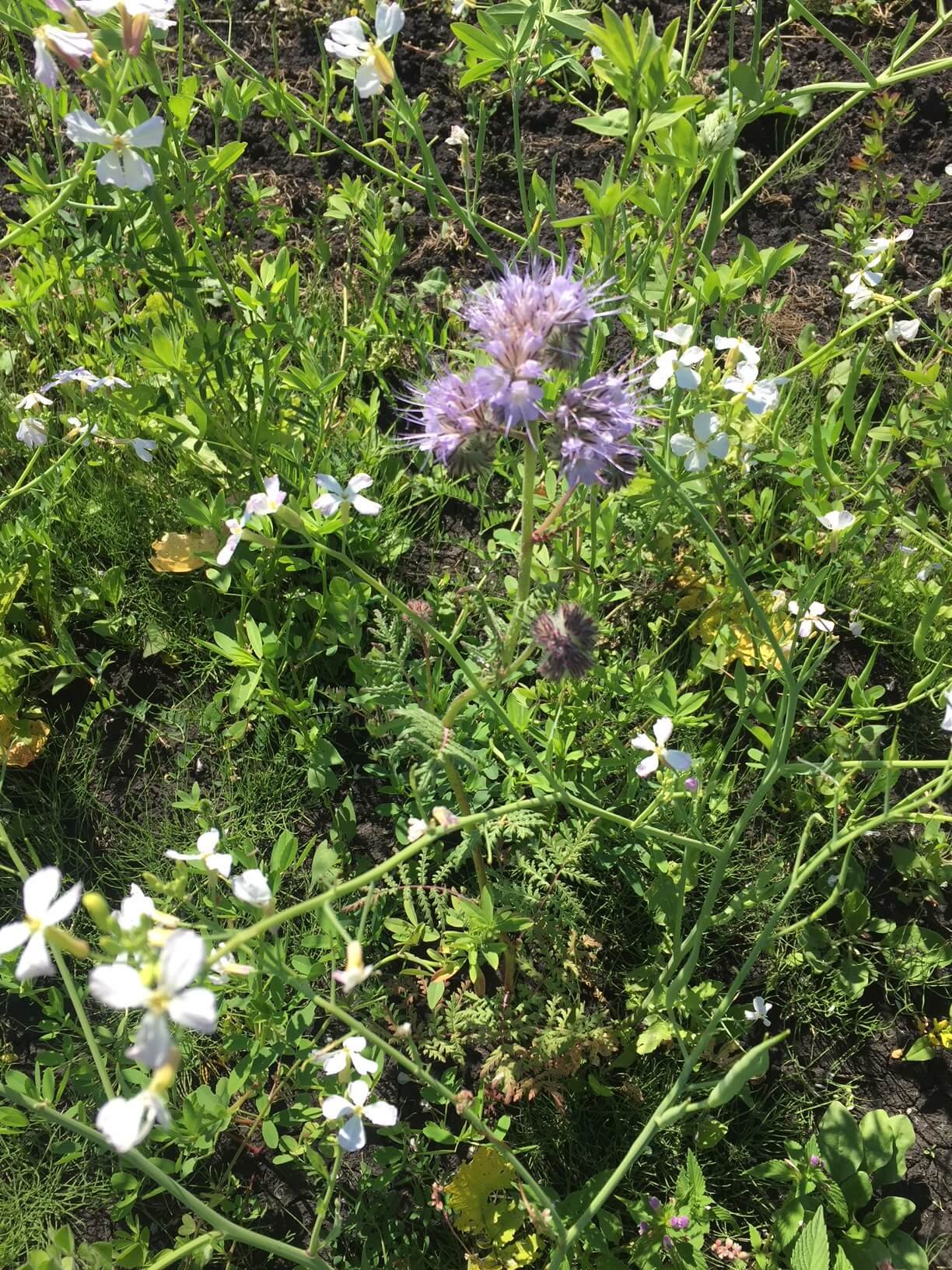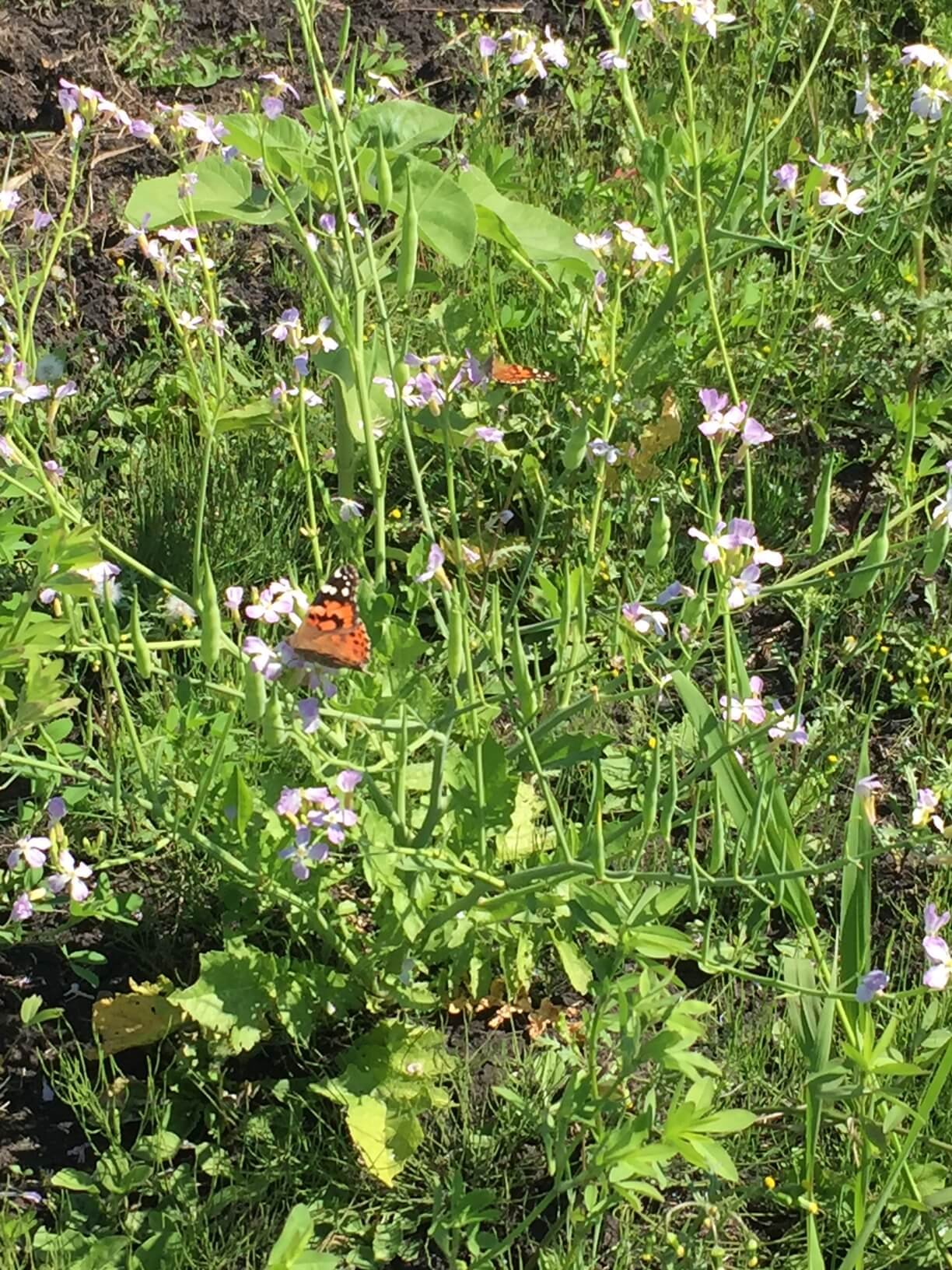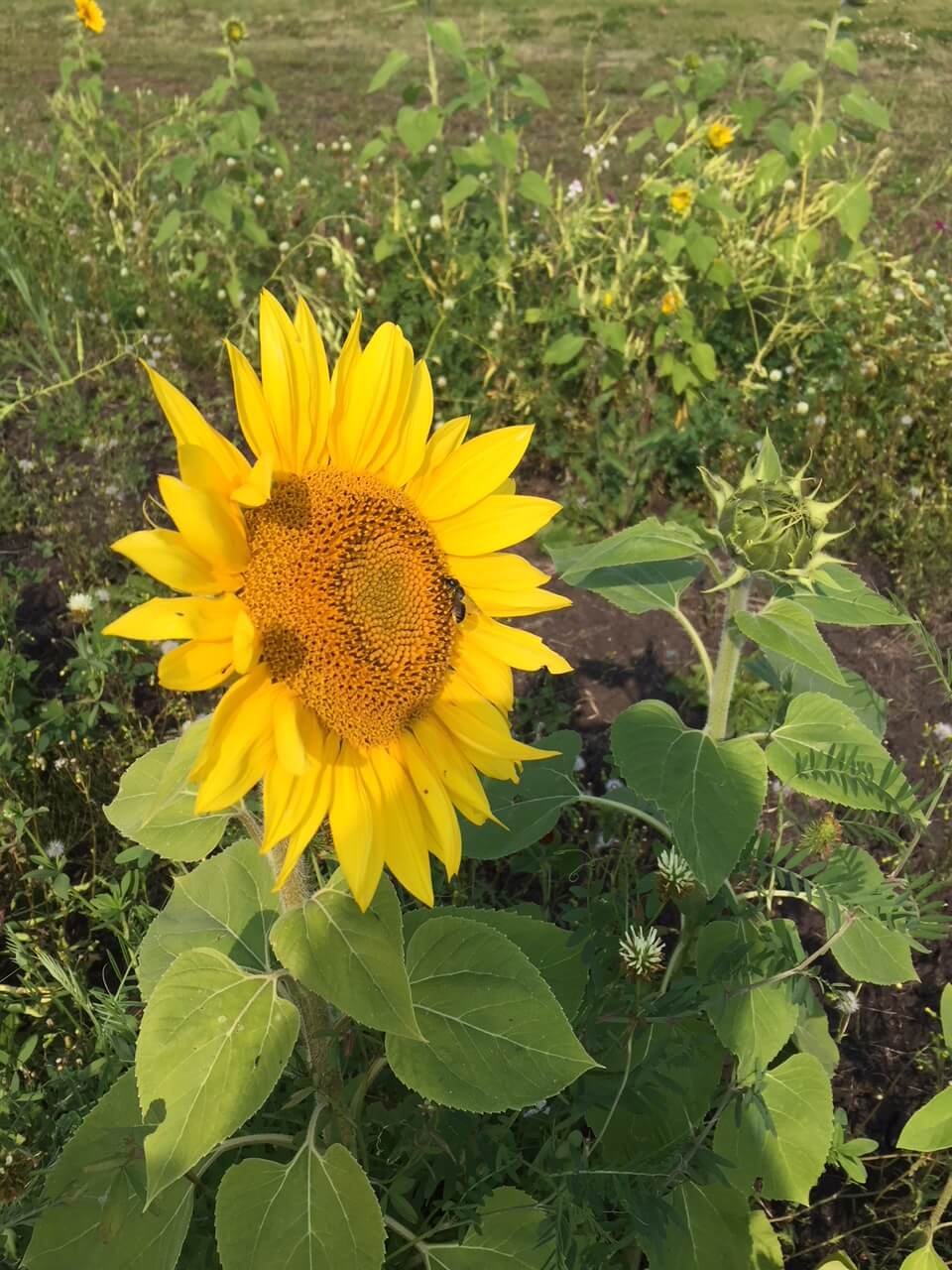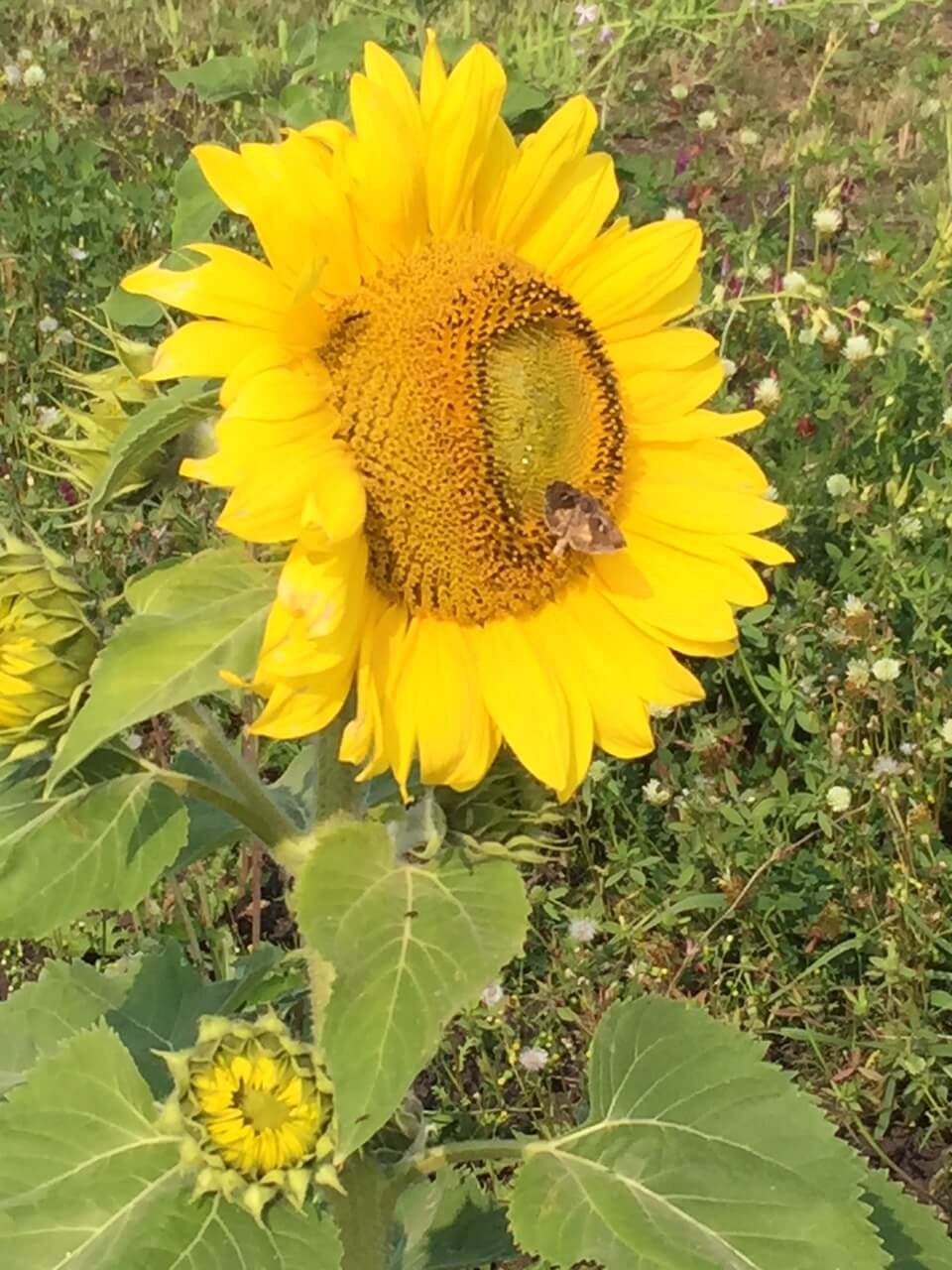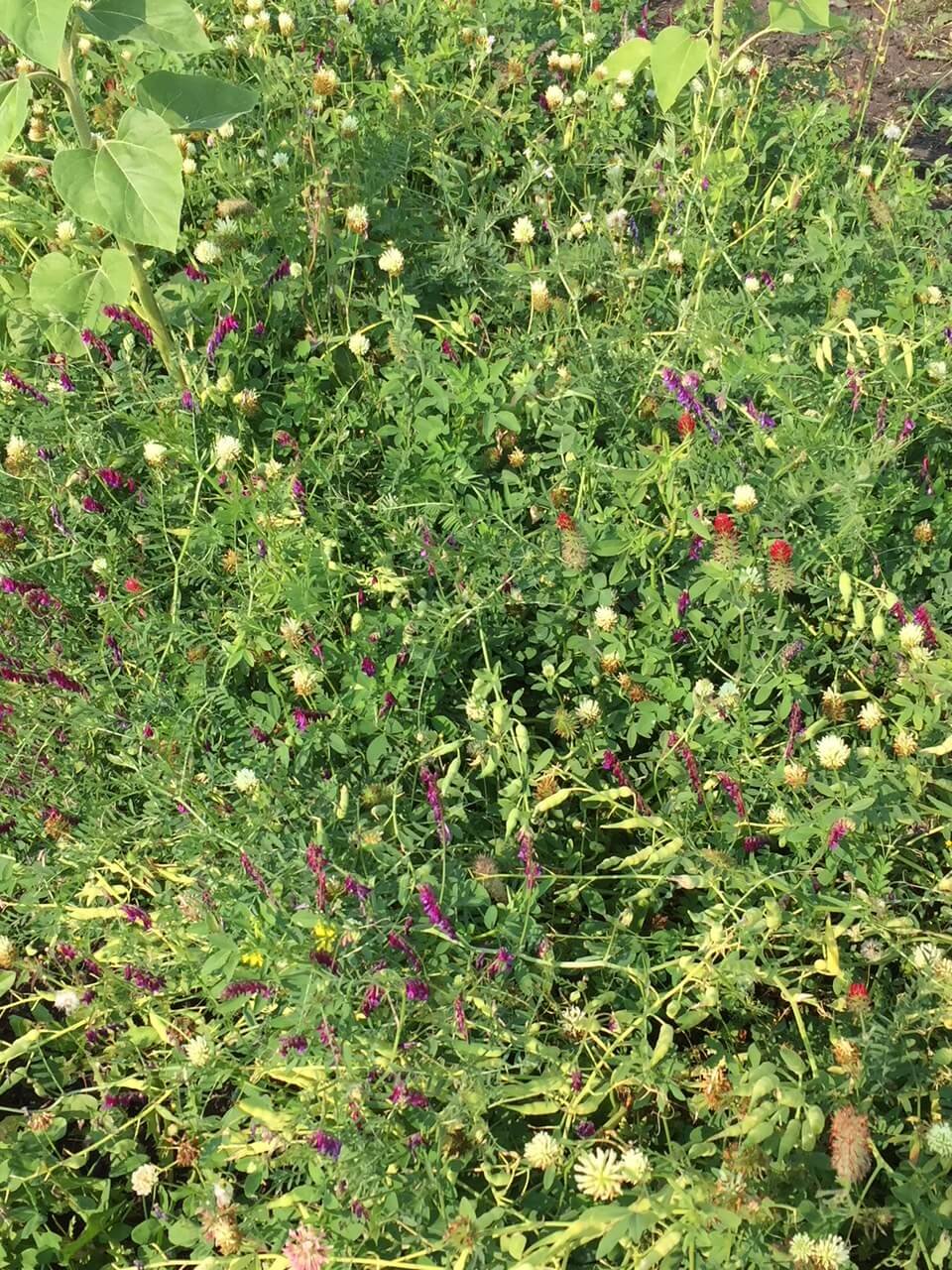Pollinator Mix Demonstration (2017)
Partners.
Pollinator Mix Demonstration (2017)
Overview.
One of the sustainable approaches in conserving our native pollinators is active research for the purpose of developing suitable Pollinator Mixes for specific agro-climatic zones in the country; that can help in establishing Pollinator Gardens or Pollinator Habitats or Pollinator Sanctuaries at suitable sites. Such sites could be farm perimeters, hard to access farm areas, agronomically non-productive or unsuitable wasteland areas, wetlands, city, municipal and rural parks, gardens and lawns, kitchen gardens, avenues, boulevards, golf courses, suitable parts of highways etc. Pollinator Mixes could include mixtures of specific wildflowers, native grasses as well as different annual/perennial forage crops that can actively attract insect pollinators in large numbers.
Such natural/artificial eco-habitats or Pollinator sanctuaries planted with diverse plant mixes once established could easily attract wide diversity of local insect pollinators including bees. Furthermore, being purely organic they can slowly develop into unique habitats for small local birds and mammals. If wetland habitats are incorporated under such programs unique ecosystems catering to multiple species including bees, birds and fishes could be easily integrated. Therefore, Pollinator Mixes could have multiple benefits for ecosystem regeneration and need to be actively investigated for their potential in habitat development, soil enrichment and conservation of local biodiversity. Performance Seed, Lethbridge has developed Performa Pollinator Mix and is working towards developing new and better mixes as part of their Environmental Stewardship Program for developing dynamic and biodiverse pollinator habitats/sanctuaries.
--S.K. Basu
In 2017 WCFA planted the Performa Pollinator Mix at both our Wildwood and Brazeau County Forage Research Sites. Plots were seeded using our small plot Fabro disc seeder at a rate of 12 lbs/acre and 24 lbs/acre. Sites were monitored throughout the growing season for pollinator activity and establishment of species within the mix.
Thank-you to Performance Seed for their partnership on this project.


